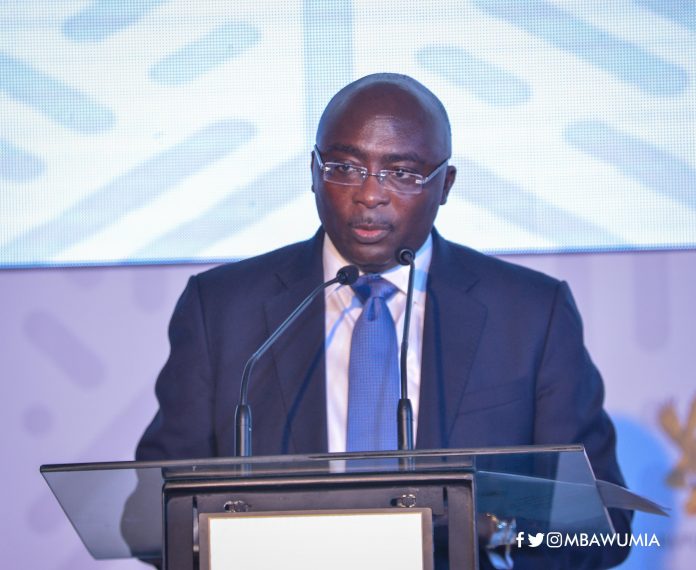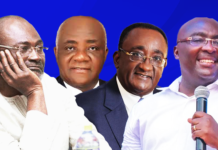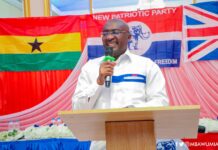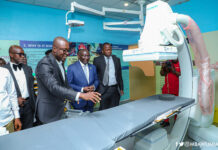
Lawyer and social commentator, Kwame Jantuah, has indicated that the much-touted economic knowledge of Vice President Mahamudu Bawumia has not been felt by Ghanaians.
Speaking on the Morning Starr on Friday, Mr Jantuah questioned whether the gains the Vice President has been touting have created the jobs Ghanaians are looking for.
According to him, the Russia-Ukraine war only affected fertilizer importation to Ghana contrary to what Dr Bawumia alluded to in his lecture.
During a Danquah Institute and NPP’s TESCON organized event on the state of the economy on Thursday, April 7, 2022, the Vice President attributed the drastic depreciation of the local currency to challenges in approving the 2022 budget and the Russia-Ukraine war.
He further added that the situation brought about low investor confidence in Ghana’s economy among others.
But, Mr. Jantuh stated that the economic hardships in the country is unbearable for citizens adding that the Vice President has no excuse but to listen to advice rather than engage in “the wholesale thing they are doing” as a government.
“When I take the entire list of questions, what has the impact been on the ordinary Ghanaian why has the cedi depreciated so fast this year, why has the fiscal and debt stock increased so much? What have the programs and projects done for the government to show for the high debt risks?
“Are the government’s flagship policies like the free SHS the cause of the economic challenges and how about the promise to move the economy from a focus on taxation to a focus on production? We need impact. If the government has done some of these things they listed, what has been the impact?” he asked.
The former Member of Parliament for Okaikwei North, Fuseini Issah however, disagreed with Mr. Jantuah’s assertion.
He said “We were able to grow the economy much faster, we inherited an economy that was growing at 3.4% in 2016, in 2015 it had grown at 2.1%, and in 2014 it had grown at 2.9%. But we came in and said we are going to move the economy from a taxation base to production.
“So immediately we set out to abolish 17 taxes and their impact on the growth of the economy. In 2018 we were able to grow this economy by 8.1%.”
Source: Ghana/Starrfm.com.gh/103.5fm/Isaac Dzidzoamenu




